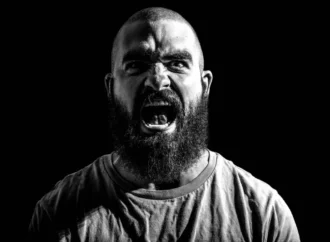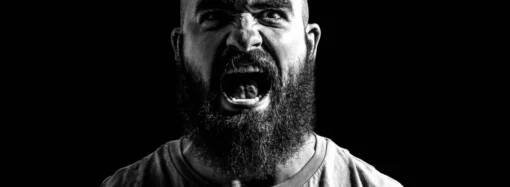The coming election promises to have both sides chewing their fingernails down to the knuckles. Because of this close race, you need to know the name of Marc Elias.
The New York Times calls Elias “One of the most formidable election lawyers in the country, and arguably one of the most influential of unelected Democrats in Washington.”
Marc Elias has been at the center of too-close-to-call elections and hard-ball politics for decades. Elias is the guy Al Franken called when he was behind in the count on Election Day 2008. After eight months of chaotic recounts, Franken became a U.S. Senator by 312 votes. Elias is the guy Hillary Clinton’s campaign called for “opposition research”; Elias hired Fusion GPS, which put the Steele dossier together.
Elias runs a law firm/messaging platform called Democracy Docket. A big fan of absentee and vote by mail ballots, Democracy Docket has filed lawsuits in 18 battleground states pursuing what Elias calls the “Four Pillars”. According to the website, sponsors and partners of “Democracy Docket” include Democratic election committees and other activist groups.
What are these Four Pillars?
1. Postage must be free or prepaid by the government.
Elias argues that a ballot mailed without return postage is too great a burden for voters, especially for minorities and young people. As it turns out, the postal service deliver your ballot even it it lacks adequate postage. Since Elias presumably knows this, doesn’t it seem like a slam on voter intelligence to raise such an issue?
2. Ballots postmarked on or before Election Day must count.
Elias promotes vote by mail and then complains about a glaring defect: if you mail your ballot, you cannot control when it is postmarked or delivered.
Many states reject all ballots received after Election Day, even if postmarked on or before Election Day. This is simply wrong and unfair to voters who have done everything right but have their ballots thrown out because of delays with the postal service…. we know from experience that these laws have a greater impact on minority voters.
Americans have, until now, accepted that the counting of votes officially ends on Election Day, whether your ballot is there or not. That is not “wrong,” it is simply a requirement if we want to know who won on Election Day. If it is too close to call, an Election Day deadline is still more than reasonable unless you like chaos and uncertainty. Perhaps Elias just likes the latter?
3. Signature matching laws need to be reformed to protect voters.
Absentee ballots with questionable signatures should be reviewed by three election officials. Only if all three find beyond a reasonable doubt that a signature does not match should it be set aside. Then, the voter should be notified by a combination of mail, phone, email, and text and be given 10 days to confirm that it is their lawful ballot.…
Favoring “questionable signatures” and contacting voters for a re-do are interesting ideas that sound a lot like they require a legislative remedy, rather than a judicial one. Given that Elias litigates against laws that require a witness for absentee ballots, such an idea is right up his alley.
4. Community organizations should be permitted to help collect and deliver voted, sealed ballots.
In many states, community organizations play a vital role in collecting and delivering voted, sealed mail ballot[s] for counting. Voters without easy access to secure and reliable outgoing mail, or who need extra help to get their ballots delivered, rely on this practice.
Sorry to contradict you, Marc, but full-fledged ballot harvesting is a new and ugly thing in America.
“Community organizations” unfortunately engage in voter intimidation and the production of fraudulent ballots, both of which are crimes. Voting is a sacred duty; ballots should only be given to trusted officials or family and friends when voters need help, not to political operatives.
When Elias & Co. are successful, duly enacted laws are amended by decree, often just before an election, circumventing elected leaders in state legislatures.
For example, Elias has been victorious in Minnesota where a friendly secretary of state has lobbied for elements of the Four Pillars. Though expected to defend, not amend, current election law, the secretary signed a consent decree waiving the requirement that absentee voters get a witness to certify their eligibility. He also agreed to count ballots postmarked by Election Day that arrive up to seven days later.
Elias also sued to overturn voter “assistance” laws, one of which limited the number of disabled or non-English-proficient people someone can assist, while the other prohibited ballot harvesting. The Minnesota Supreme Court just upheld the law against ballot harvesting but agreed that someone can “assist” an unlimited number of voters in 2020.
With a million absentee ballots expected, there is a good chance Minnesota, which specializes in close calls, will not know who won on Election Day, and could be facing recounts for weeks or months.
But hey, if that happens, perhaps Secretary of State Steve Simon can call a good lawyer like Marc Elias.
—
Image Credit:
Pxhere
















1 Comment
James
April 23, 2022, 1:07 amIts two years post 2020 election. How did Soros lawyer Marc Elias know that a pandemic was in the offering for 2020 when he sued 18 swing states in 2017? Crystal ball, perhaps?
REPLY